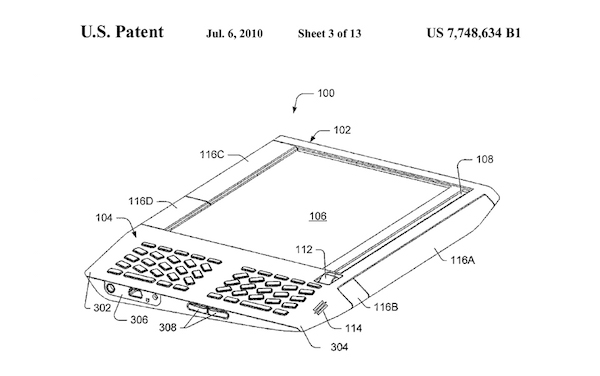
Early Kindles succeeded at being both revolutionary and revolting at once.
In Aeon magazine, writer Craig Mod reflects on his initial enthusiasm for digital books, and how that enthusiasm has cooled, sending him back to the physical versions for a whole host of reasons.
It was an incredible user experience, full of perceived value, delightful in its absurdity. Most importantly, using the device in these ways felt like an investment in the future of books and reading. Each Kindle book I bought was a vote with the wallet: yes – digital books! Every note I took, every underline I made was contributing to a vast lattice collection of reader knowledge that would someday manifest in ways beautiful or interesting or otherwise yet unknowable. This I believed. And implicit in this belief was a trust – a trust that Amazon would innovate, move the experience forward unpredictably, meaningfully, and delightfully. This belief – that Amazon was going to teach the old guard new tricks – kept me buying and reading and engaging.
…
From 2009 to 2013, every book I read, I read on a screen. And then I stopped. …It was a stark reminder that pliancy of media invites experimentation. When media is too locked down, too rigid, when it’s too much like a room with most of the air sucked out of it, stale and exhausting, the exploration stops. And for the intersection of books and digital there’s still much exploration to be had.
In his case, it’s not the lack of willingness or enthusiasm for the idea that has turned him off. It’s the lack of momentum on exploring even newer possibilities.
What differences have you perceived in your digital reading vs digital reading, in terms of reading experience, or how you engage with the material?
What are the most meaningful strengths of each format? Do any of these make you a die-hard advocate for one or the other?
If in another 20 years they were to stop physical book printing outright, what would you miss most? What would we lose as a culture?

